Twenty years ago, President George W Bush sought to isolate Syrian President Bashar al-Assad for good reason. Assad was a thug who crushed Syrian aspirations for a better life and more freedom. He helped Iran undermine Lebanon by delivering Iranian weaponry to Hezbollah; his regime was likely complicit in the 2005 assassination of former Lebanese Prime Minister Rafic Hariri. The 2007 Sinjar Documents, exposed when American troops seized an insurgent’s laptop in northern Iraq, showed that the Assad regime controlled and profited from the underground transit of suicide bombers from across the Middle East into Iraq.
Many Democrats, however, believed Assad, a “Western-educated eye doctor”, was a reformer and a worthy target for engagement. Nancy Pelosi, at the time speaker of the House of Representatives, purposely defied White House desires to isolate Assad and instead flew to Damascus, where she dined with the Assads and undertook a number of public engagements, like touring local markets, Syrian state television cameras in tow, in order to convey the Democrats’ belief that Assad was a partner and reformer.
So too did John Kerry, who visited Assad multiple times while he served on the Senate Foreign Relations Committee. He declared that “my friend” Bashar was a man of his word. As Secretary of State, Clinton gloated at the makeover she and her former Senate colleagues gave Assad in defiance of Bush-era hawks. “There’s a different leader in Syria now,” adding, “Many of the members of Congress of both parties who have gone to Syria in recent months have said they believe he’s a reformer.” Clinton’s remarks did not age well: Within months, Assad launched a campaign of reprisal that would ultimately kill hundreds of thousands and displace millions more.
Nor was Assad the only isolated leader whom US officials defied White House pressure to visit. Former Secretary of State Mike Pompeo visited Taiwan to meet President Tsai Ing-wen in defiance of President Joe Biden’s more conciliatory approach to China. So too did Pelosi, who rebuffed Biden White House criticism by reminding critics that Congress was a separate but co-equal branch of government. In May 2025, Pompeo was a surprise guest at the Black Sea Security Forum in Odessa, Ukraine, in symbolic defiance of Trump’s abandonment of the country.
Impact Shorts
More ShortsIndia is not Syria, of course, and Prime Minister Narendra Modi is no Assad. Modi is the leader of a democratic country that, like Taiwan and Ukraine, is a democracy whose neighbours sponsor terror or harbour revanchist dreams. India is right to be annoyed with Trump, who appears to have sold out a quarter century of careful US-India diplomacy for a Pakistani crypto deal and Asim Munir’s cynical flattery.
The photograph of Modi with Russian President Vladimir Putin and Chinese President Xi Jinping shocked Washington. Americans from across the political spectrum now rush to urge India not to be rash and quietly suggest the problem is Trump, not America.
Indians should counter, however: if that is the case, where are the senators, both Democrats but especially Republicans, bold enough to defy Trump and fly to New Delhi? If India is as important to the United States as a generation of American officials rightly attest, why have Senate Foreign Relations Committee chair Republican James Risch and ranking Democrat Jeanne Shaheen not flown jointly to New Delhi to reaffirm American ties? The same might be said of Senate Armed Services Committee chair Roger Wicker and his Democratic counterpart Jack Reed. After all, what military relationship will mean more to the United States in the Indian Ocean basin in the remainder of the 21st century than India?
Many presidents use their retirements to give speeches, sometimes raking in crores of dollars for just a few minutes. If George W Bush, Barack Obama, and Joe Biden truly cared about preserving the US-India partnership in a time of crisis, why should they not defy Trump to visit New Delhi?
Pelosi was right. Congress is a co-equal branch of the US government. Trump’s personal proclivities are no reason for the US Congress to stand down nor for former American officials no longer constrained by the hierarchy of government to visit India, publicly engage Modi and his top officials, and show where Washington really stands.
That most have been too cowardly or distracted to do so says a lot more about where the United States really stands than the public lamenting of former American diplomats and politicians. More than Trump’s obnoxious, if not unhinged, behaviour, the failure of hundreds across Washington to stand up is really the tragedy that Trump’s turn exposed. India has every right to be offended.
Michael Rubin is a senior fellow at the American Enterprise Institute and director of policy analysis at the Middle East Forum. Views expressed are personal and do not necessarily reflect those of Firstpost.


)
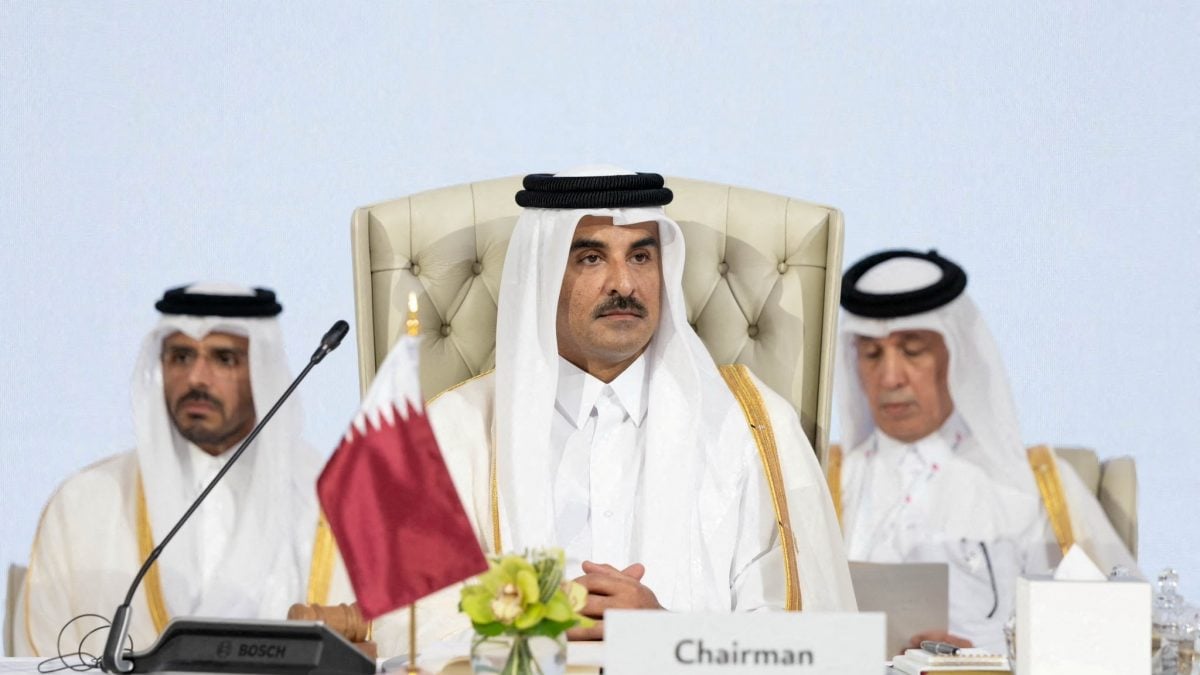
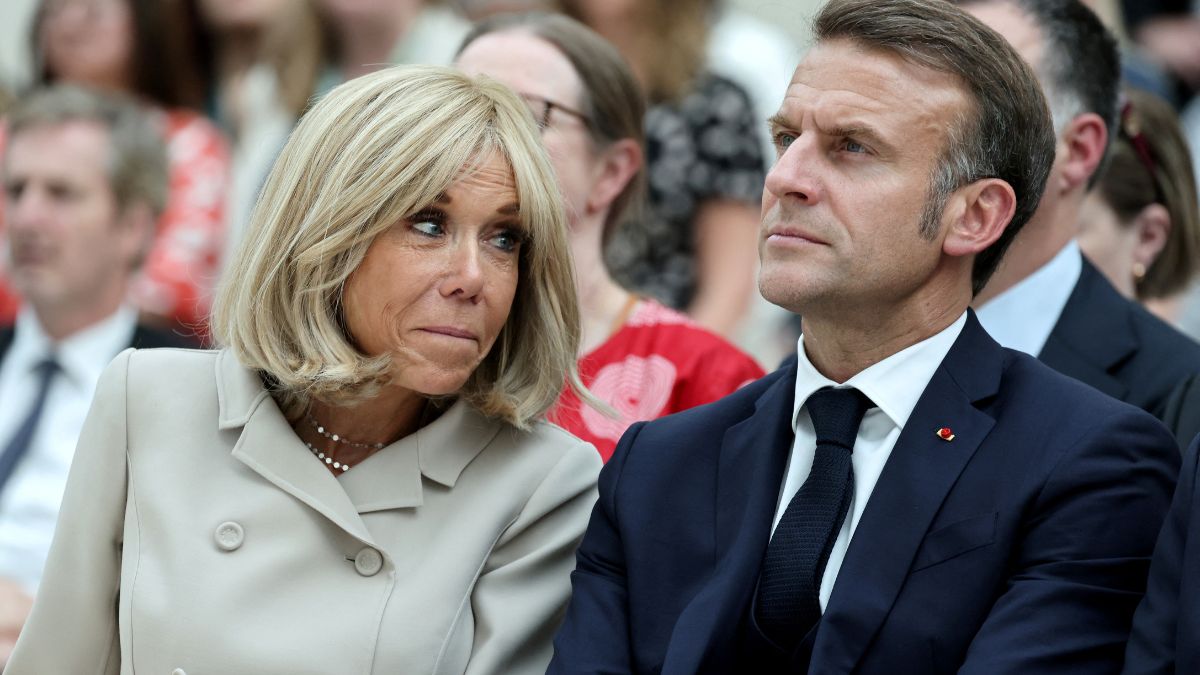)
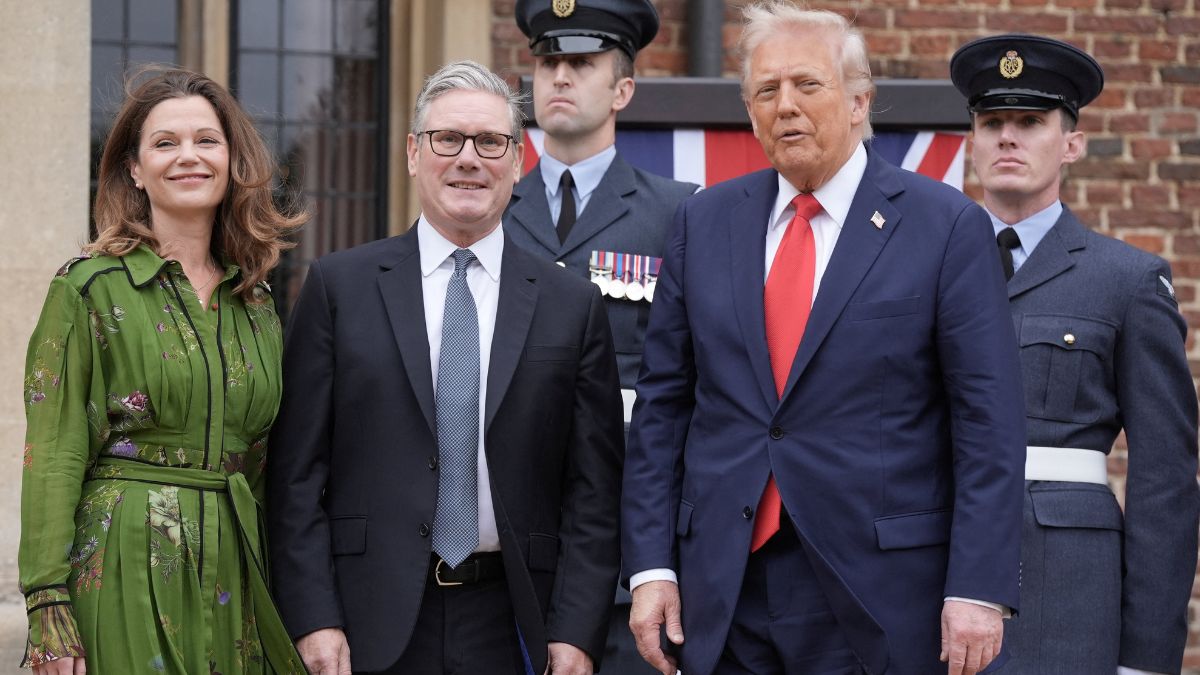)
)
)
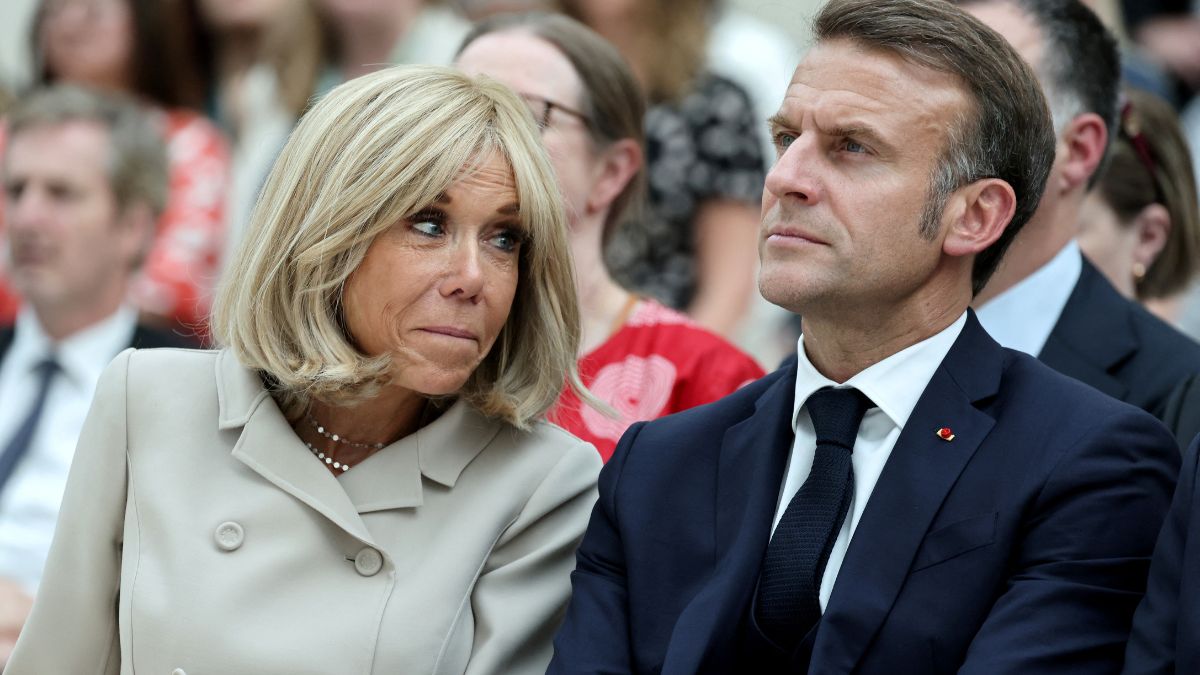)
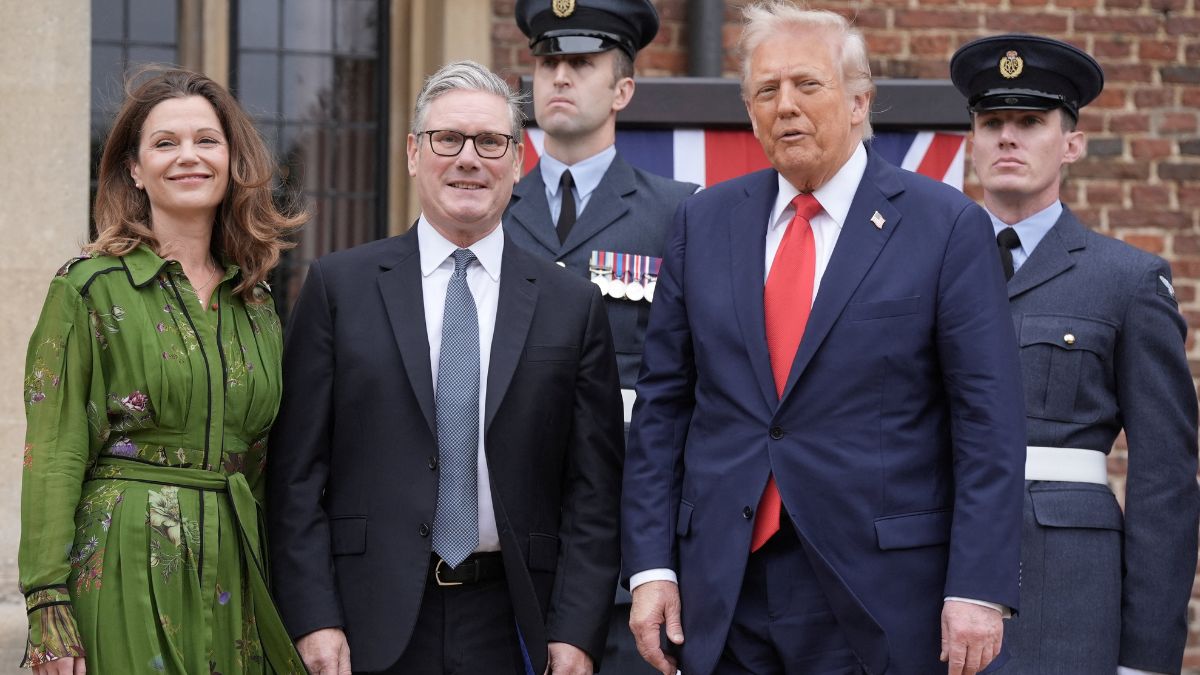)
)
)



